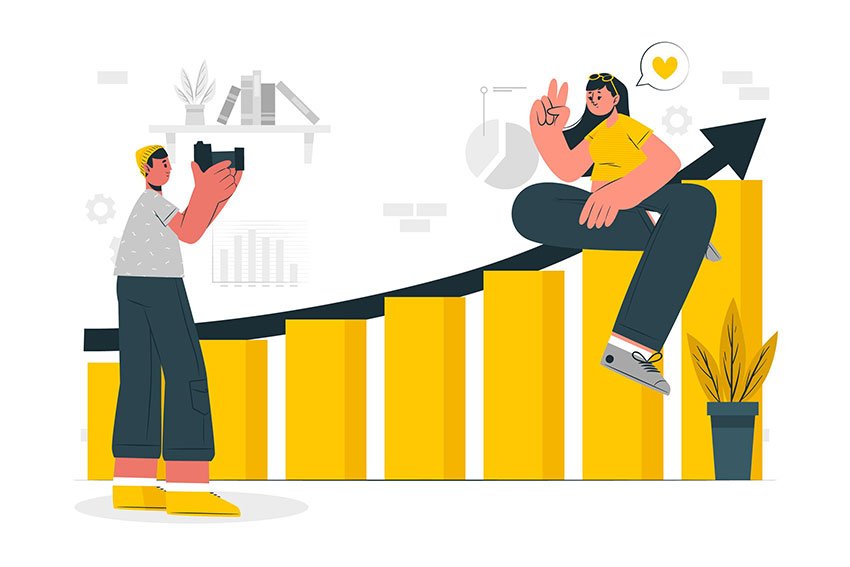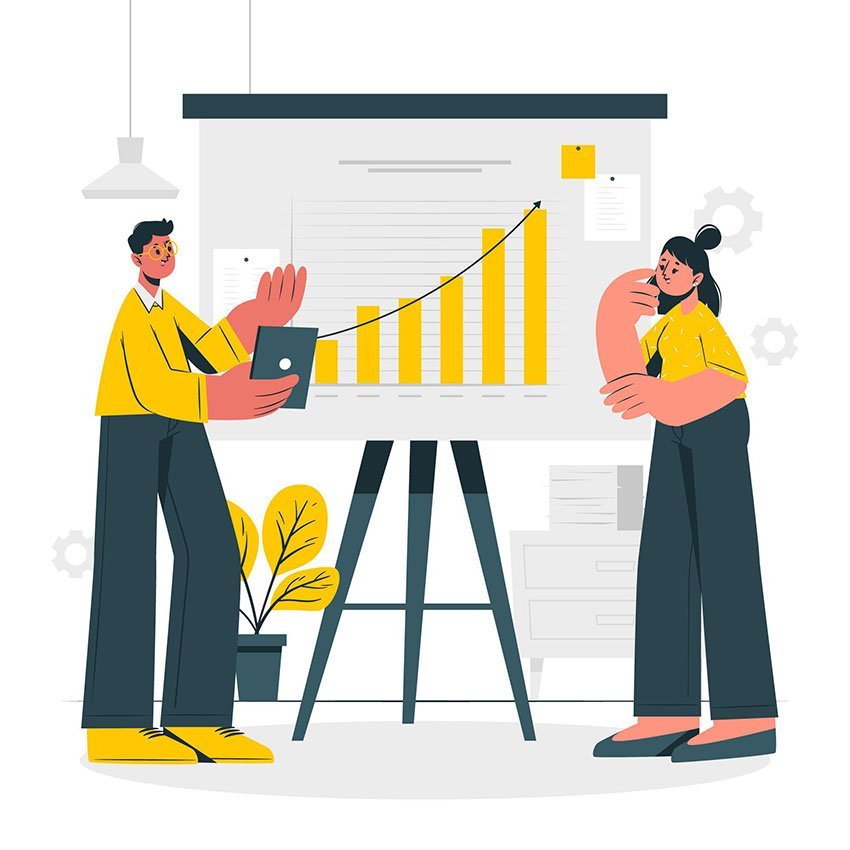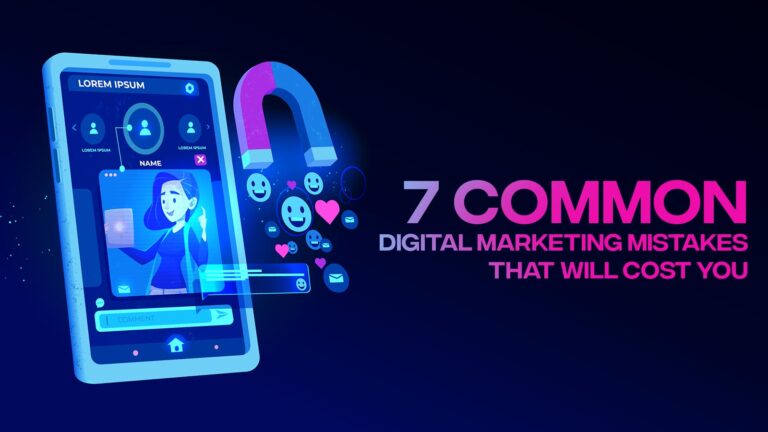Most of us are used to seeing influencer marketing being utilized in only B2C strategies. Therefore, it is not usual for people and businesses to not be able to imagine how it will work in B2B situations. Hence, it may come as a surprise to many that influencer marketing happened to be positioned at number 4 on the trends of the B2B marketing industry in 2019.
Also, one of the biggest platforms for influencer marketing, Instagram, is expected to hit the 8 billion USD threshold in 2020. All of these things point to the fact that B2B marketers need to capitalize on this trend if they do not want to leave behind a huge opportunity.
If we take a closer look at the phenomenon, we can see that quite a few studies on Linkedin showed that when it comes to making purchasing decisions for B2B customers, expert opinion was found to be the second most persuasive factor.
It is, therefore, quite surprising that only about 15% of B2B brands are making use of influencer marketing in their B2B marketing strategies. All of these things point to the fact that the field is wide open for B2B companies. They can both test and employ influencer marketing within the overall marketing strategy.
What exactly is Influencer Marketing?
When we talk about influencer marketing, we refer to a form of marketing within the realms of social media. This marketing technique makes use of both product mentions and also endorsements from influencers. So, what or who exactly are influencers? Very simply put, these influencers are people who have a lot of following on their social media platforms.
They are generally also considered to be experts within a particular field or niche. This type of influencer marketing generally works due to the fact that these people, the influencers, have acquired a very high level of trust from their followers. Any recommendations that are made by these people basically serve as a kind of social proof to any and all potential customers that the brand has.
What is B2B Influencer Marketing?

B2B influencer marketing is just influencer marketing that one business targets other businesses. The same principles described above hold true with the only exception being the fact that businesses are marketing to other businesses.
How effective is B2B influencer marketing exactly?
Here are some stats that are sure to convince you of the effectiveness of this form of B2B influencer marketing. These stats that are going to be provided in the following paragraphs really do point to B2B influencer marketing being an extremely effective way of marketing for businesses to businesses.

Some Stats About B2B Influencer Marketing That May Surprise You.
- B2B influencer marketing has the potential to give businesses upto 11x bigger Return on Investment than other types of marketing in the digital domain. (Source)
- Businesses, on average, are about to generate about 6.50 USD for every dollar that they invest in the form of influencer marketing. (Source)
- Around 55 percent of marketers using influencer marketing, report getting better customers as a result of their influencer marketing. (Source)
- Up to about 94 percent of marketers using influencer marketing believe that this form of marketing is an effective way of meeting their goals. (Source)
We really can go on for a long time and give you very eye-catching statistics. However, I think the above four points really do paint the picture pretty well.
In short, even though many businesses are yet to adopt influencer marketing within their marketing plans, the ones that have done it- have seen remarkable results. Therefore, it is high time to think about influencer marketing if you are a marketer working in B2B marketing plans.
Factors that make for effective influencer marketing

Niche and Targeted
In 2020, the niche is the name of the game in the world of B2B influencer marketing. If you were aiming for a big-name influencer, you may want to change those plans. It may yield you better returns if you go for a smaller but better niche expert.
To give you some perspective about why this works, almost 70 percent of millennials would rather that they get endorsements and see sponsorships from people who are not celebrities. There will always be exceptions to the rule but it is important to remember that bigger does not translate to better automatically.
If you talk to people and/or businesses that have done this sort of thing, they will tell you that a smaller influencer may be more valuable if they have the right kind of following. If a big influencer has a disconnected follower base, they will yield smaller returns.
Transparency
Trust is a huge factor when it comes to doing B2B influencer marketing in the current world. One of the best ways to make sure that your brand is trusted is to increase transparency. This will most certainly have an impact on any campaigns that you may want to run.
With regards to transparency, most of top B2B brands do happen to be ahead of this curve and they seem to have it figured out. Brands that are smart make sure that they disclose all their influencer relationships. There, however, are still a few areas that are a bit gray and not black or white. For example, what would the ideal way to go be if you did not pay the influencer?
B2B companies that are average will make sure to disclose just the content that they have sponsored. A smarter company will make sure that they disclose everything. The point is to be extremely straightforward and honest. If you do this, your campaigns will go much better.
Approachability
B2B brands are soon realizing that all voices matter. Audiences these days care much more about substance than style. This really does help democratize the entire process and gives brands the ability to diversify their marketing efforts. These days a lot more brands are realizing that smaller but niche voices are also extremely valuable when employed properly.
Media
On top of the factors mentioned above, brands are also understanding the importance of the media that they are making use of. They are realizing that influencers are not just another channel within their media ecosystem but are an altogether different media by themselves.
Variety
On top of making sure that the content that brands are putting out there is varied, they are also realizing the importance of how the message gets delivered. We have seen new platforms for content emerge in the recent few years. One example of this is VR or Virtual Reality.
We are pretty sure that there will be newer content platforms emerging in the very near future as well. This will make it very important for brands to be first adopters of these types of new technologies. If they fail to do so, they are sure to miss out on many opportunities.
Example of a Well Carried Out B2B Influencer Marketing Campaign.

Maybelline
Maybelline is a giant in the high street makeup world. They have a fair amount of street cred to say the very least.
In order to reach a whole new target audience within a very short period of time, Maybelline harnessed the power of social media. This was done and implemented in such a way that it still comes up as a reference point for successful B2B campaigns.
The brand made use of its own Fashion Week in 2016 as the main promotional platform. They also made sure to utilize a whole host of the corporate partners it had. One other thing that they made sure of was to also make use of noted experts who were affiliated with them. This was done in order to reach out to completely new businesses and consumers as well.
Maybelline made use of about 15 experts from the makeup industry. These were people who were also from 15 different countries. Then they proceeded to roll out a host of content through the entire week of the fashion show, mainly through Instagram.
These contents included things like tips and tutorials. The success they received is still very impressive. Their content was able to reach a phenomenal 13.9 million consumers and businesses. These contents also got a mammoth 3.9 million likes throughout the world.
Example of a Failed B2B Influencer Marketing Campaign

I recently had a friend open a new B2B company that did IT solutions for other businesses. The friend who started the company wanted to make sure that his first marketing campaign opened with a bang. He got a very well-known influencer who had about 10 million followers on his social media platforms. You would think that such huge numbers would translate to auto success. However, the results may surprise you.
His campaign did horribly. He had made the one cardinal sin of influencer marketing. He got the wrong influencer for the wrong service. Even though the influencer’s social media stats were very impressive, the influencer was not an expert in the field. Not only did it cost my friend a huge sum of money to get the influencer, but the ROI was also absolutely horrible.
What my friend should have done, however, was to have gotten a more knowledgeable and “expert” influencer who caters to his particular niche. People in the world of tech are brilliant at being able to call out BS. When they saw a random celebrity talking about my friend’s services, most of them got annoyed. They could tell that the influencer was not an expert and this was the primary reason why the campaign failed.
Conclusion
The world of B2B influencer marketing has become a very diverse and dynamic business and marketing ecosystem. This ecosystem is only set to grow in the coming years. If done properly, as highlighted above in the Maybelline example, the potential reach is gigantic. Making sure that businesses employ the factors for effective B2B influencer marketing described above will also go a long way in helping them achieve their marketing goals.




